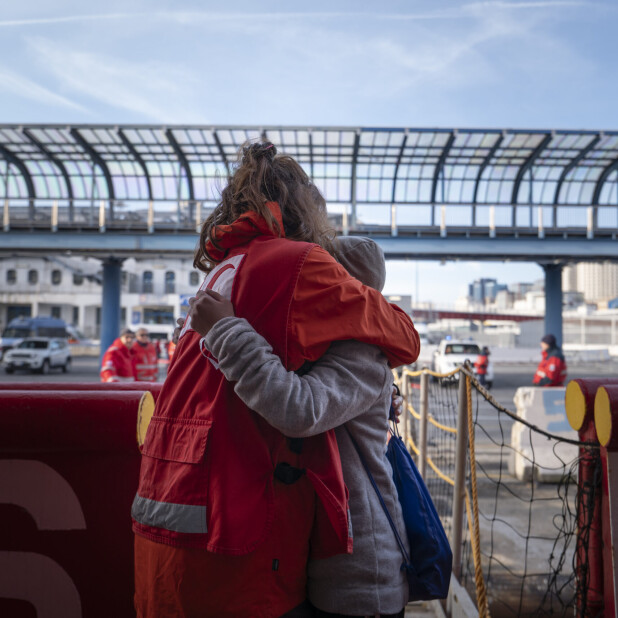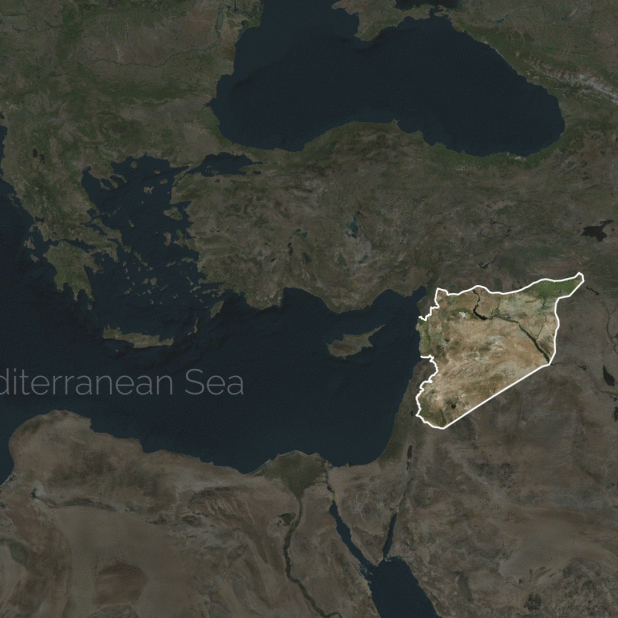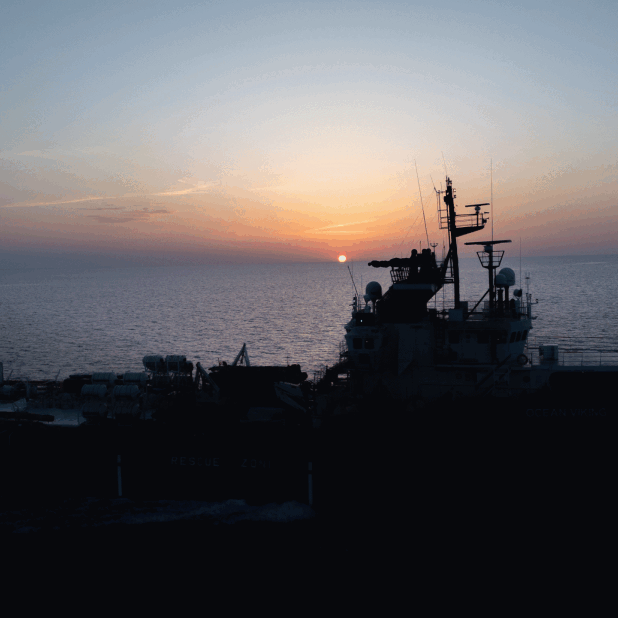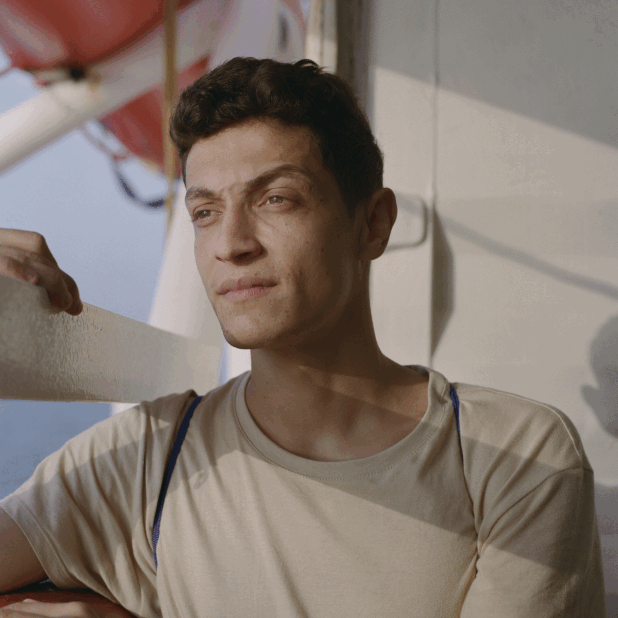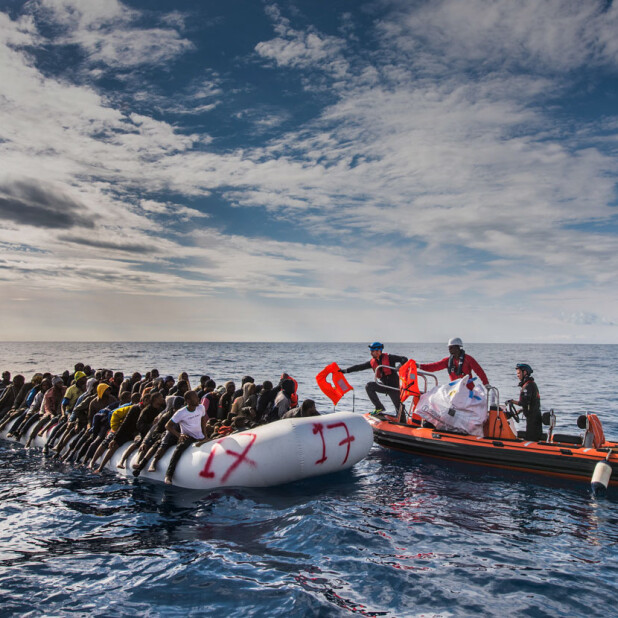
Between October 22 and October 26, the Ocean Viking rescued 234 women, children and men, including over 40 unaccompanied minors, found in grave and imminent danger of being lost at sea on six unseaworthy boats, dangerously overcrowded. Since the launch of its search and rescue operations in 2016, SOS MEDITERRANEE systematically seeks coordination from the relevant Maritime Rescue Coordination Centres (MRCC), as per maritime law, and informs them at all steps of the operations. These maritime authorities have the duty to coordinate search and rescue operations, from the distress alert to the designation of a place of safety. We urge European members and associated States to comply with the duty to “identify the most appropriate place for disembarking persons found in distress at sea […] as soon as reasonably practicable.” (SAR Convention 1979), therefore, to assign Ocean Viking and Humanity 1 a place of safety without further delay.
Three operations occurred in the Libyan Search and Rescue Region (SRR) and three in the Maltese SRR. The boats in distress were either alerted to maritime authorities, with the Ocean Viking in copy, by the civil hotline Alarm Phone, spotted via binoculars from the Bridge of the Ocean Viking, or spotted by civilian, intergovernmental (Frontex) and military aircrafts who assisted the search.
For each search and rescue operations performed by SOS MEDITERRANEE, the Ocean Viking contacted multiple times the maritime authorities responsible for the Search and Rescue Region where the distress cases were reported or spotted, namely the Libyan and Maltese MRCCs. Most of the time, duty officers did not answer our numerous emails and when they eventually picked up the phone, they acknowledged the information provided by the Ocean Viking but did not provide any effective coordination on the search and rescue operation, as they are bound to by the applicable maritime conventions, nor shared any information regarding the distress case, essential to enable a best possible response in order to prevent casualties. Nevertheless, the Ocean Viking kept calling the relevant coordination centres and sent emails at each step of all search and rescue operations, among them: relaying distress alerts, informing of our response to such alerts, informing of the spotting of a boat, its state of distress, the eventual initiation of the recovery process, and finally, of the evacuation of the survivors onto Ocean Viking. Furthermore, the Ocean Viking systematically keeps the other MRCCs of Central Mediterranean SRRs, including the Italian MRCC, in copy of all those emails.
However, we were once again left alone to assist people in distress in the central Mediterranean. The duty to ensure adequate and effective search and rescue services shall be fulfilled by coastal States (Art 98. UNCLOS 1980), in the Mediterranean Sea as it is anywhere else in the world. Since 2018, the central Mediterranean has been emptied of European State-led Search and Rescue assets. A blatant and cruel disengagement in a stretch of sea that has become the deadliest sea migration route in the world with over 20,000 lives recorded lost since 2014.
The 234 women, children and men on the Ocean Viking, some of whom have been onboard for up to five days, must not wait further to be assigned a place of safety to disembark. The SOLAS Convention of 1974 and the SAR Convention amendments of 2004 state that “in every case” a place of safety must be “provided within a reasonable time”. Some of the survivors spent up to three days at sea before being recovered by our teams. They show signs of exhaustion, dehydration and suffer from multiple fuel burns. Some show obvious signs of torture and violence endured in Libya.
Other 180 survivors rescued from distress at sea by HUMANITY 1 crew in the past days are also waiting for a place of safety. These people went through an ordeal at sea. They must no longer be ignored by European members and associated States. They need a place of safety without further delay, as provided for by international maritime law. Search and rescue operations are framed by international maritime conventions that assign clear obligations and a legal framework to ships and States. Ocean Viking complies with such Provisions and ultimately expects signatory States to do the same.
Note to editors: SOS MEDITERRANEE documents every step of each search and rescue operations on an open-source website. Communication with the authorities and observations from the ship are logged within 48 hours and more information on the legal framework of search and rescue operations at sea can be found here: onboard.sosmediterranee.org.
Additionally, SOS MEDITERRANEE has embedded over 250 independent journalists at sea since 2016.
The following booklet also contains a more detailed analysis of the legal regime of rescue at sea, a topic already addressed in the State Obligations relating to rescue at sea. It addresses specific questions which the actors involved in rescue at sea have had to answer.
Photo Credits: Camille Martin Juan / SOS MEDITERRANEE




